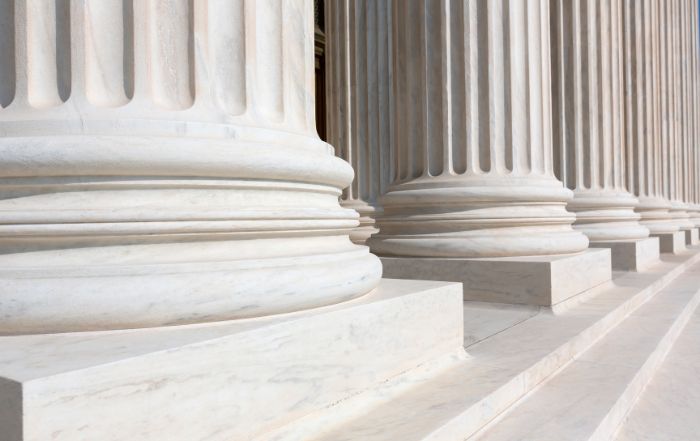The DOJ’s Antitrust Whistleblower Rewards Program 2025 : Take the CLE Webinar
The Department of Justice’s new Antitrust Whistleblower Rewards Program is reshaping how insider reporting is incentivized in fraud-related antitrust cases. In this CLE webinar, leading whistleblower attorney Julie Bracker and veteran antitrust litigator Dan Mogin explain how the program works, who qualifies, and what types of violations may lead to monetary awards of up to 30% of criminal fines. The session covers whistleblower protections, antitrust enforcement fundamentals, strategic considerations, and current DOJ priorities—offering essential guidance for counsel navigating this rapidly evolving enforcement landscape.











